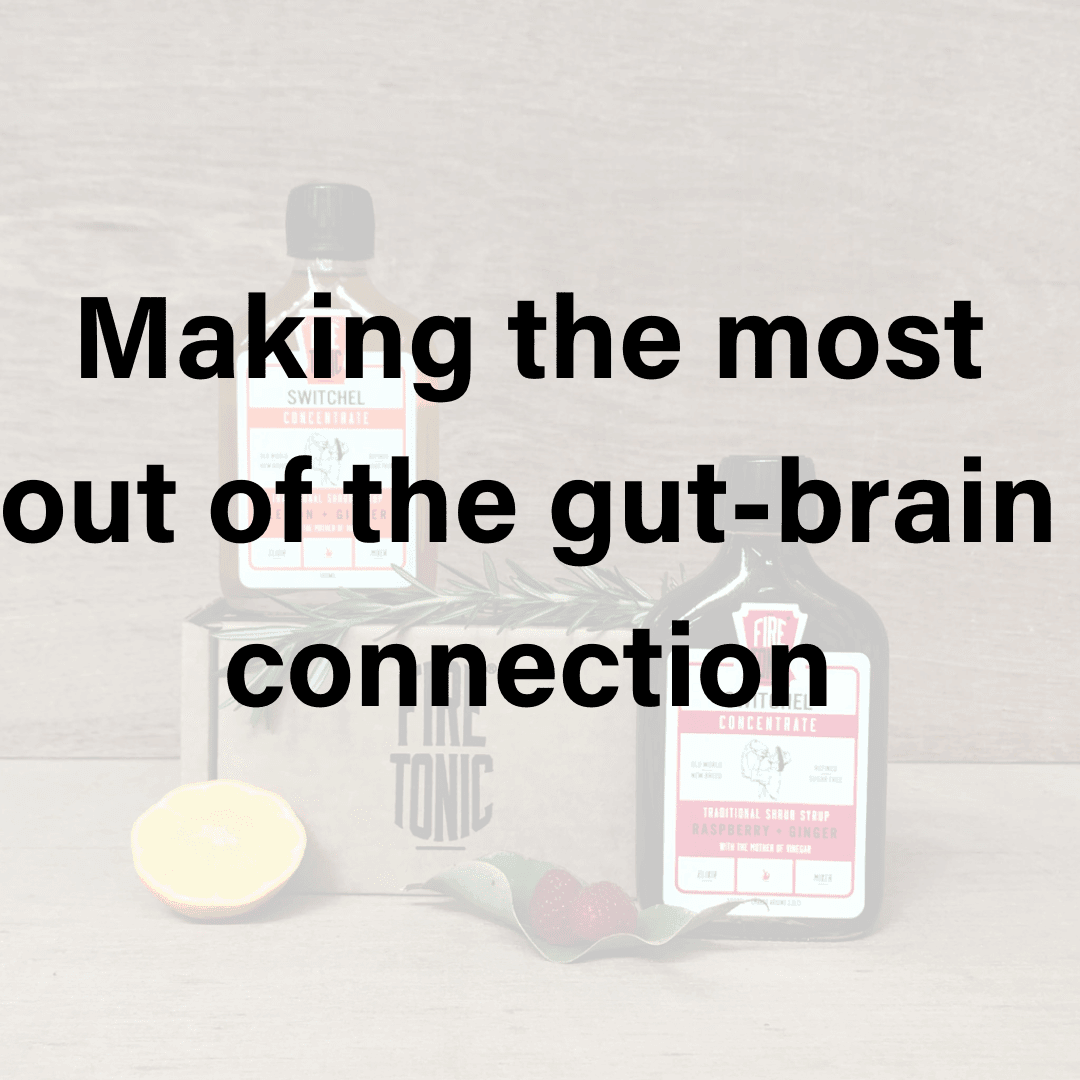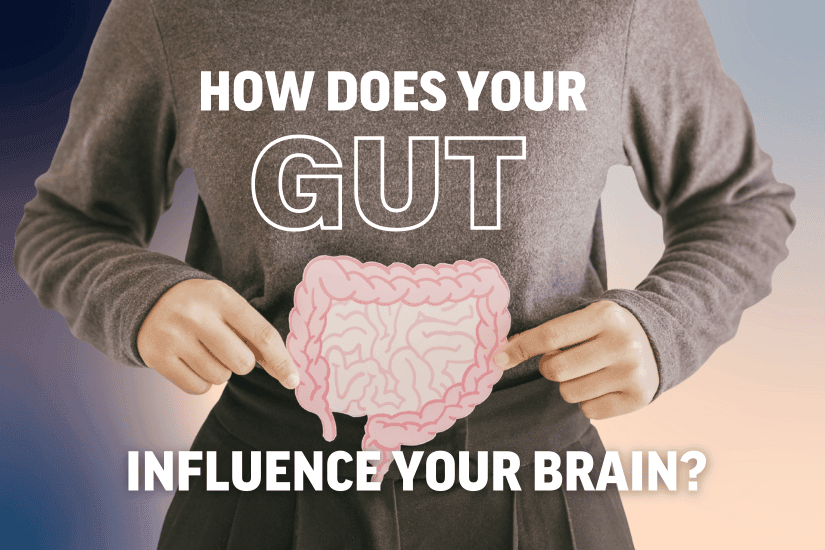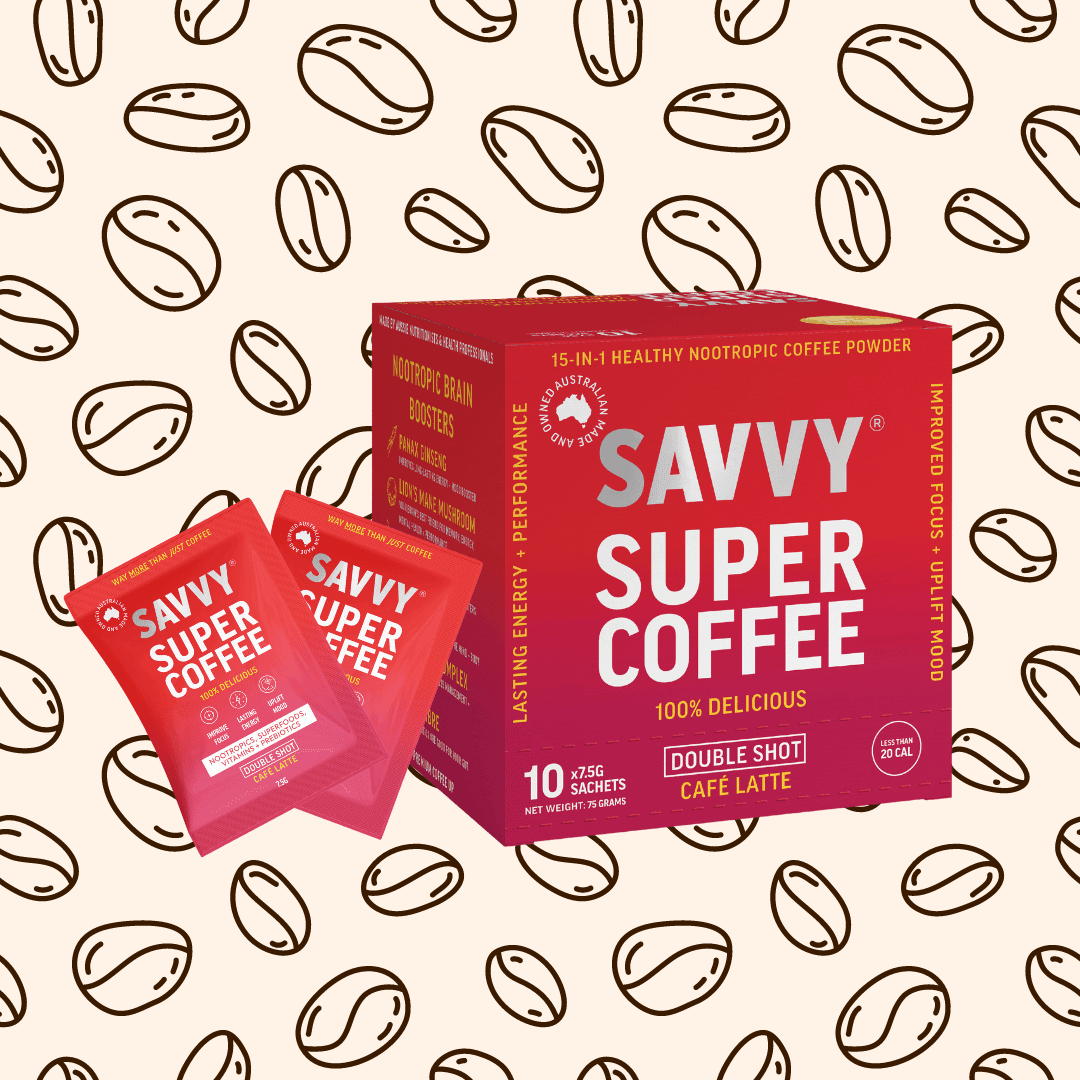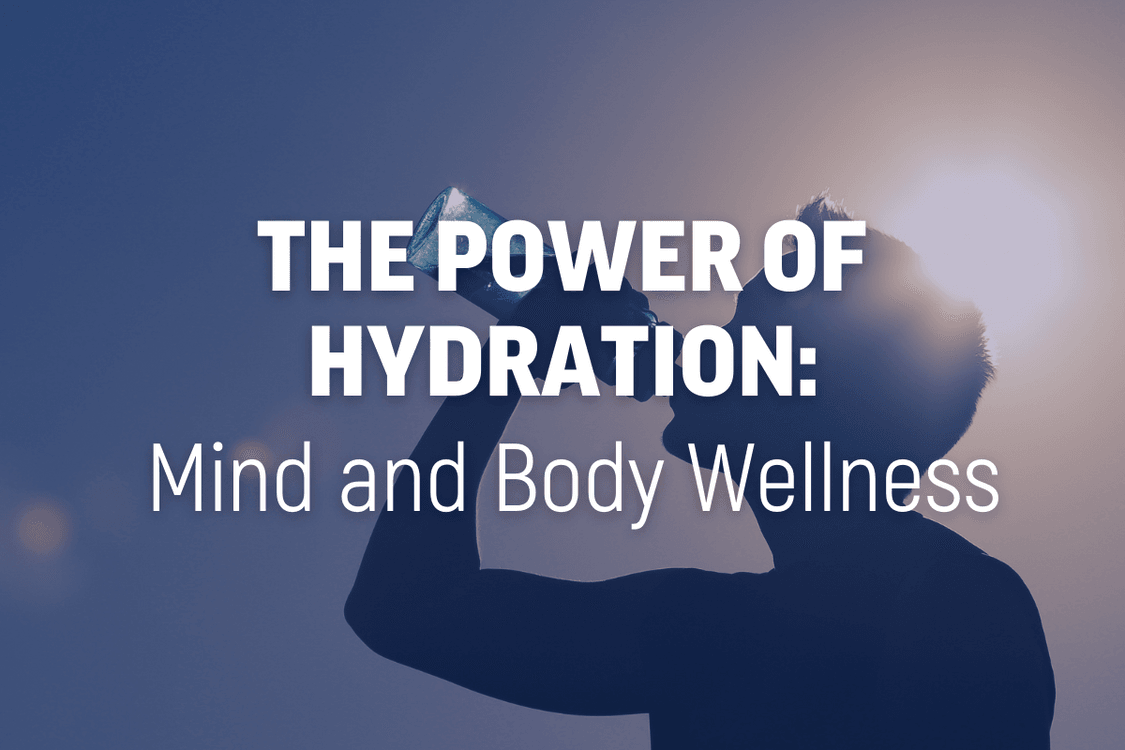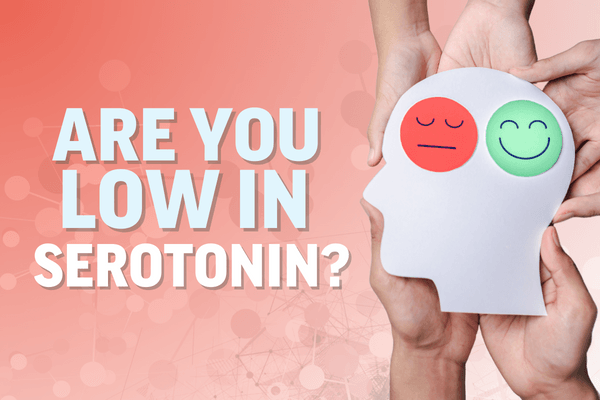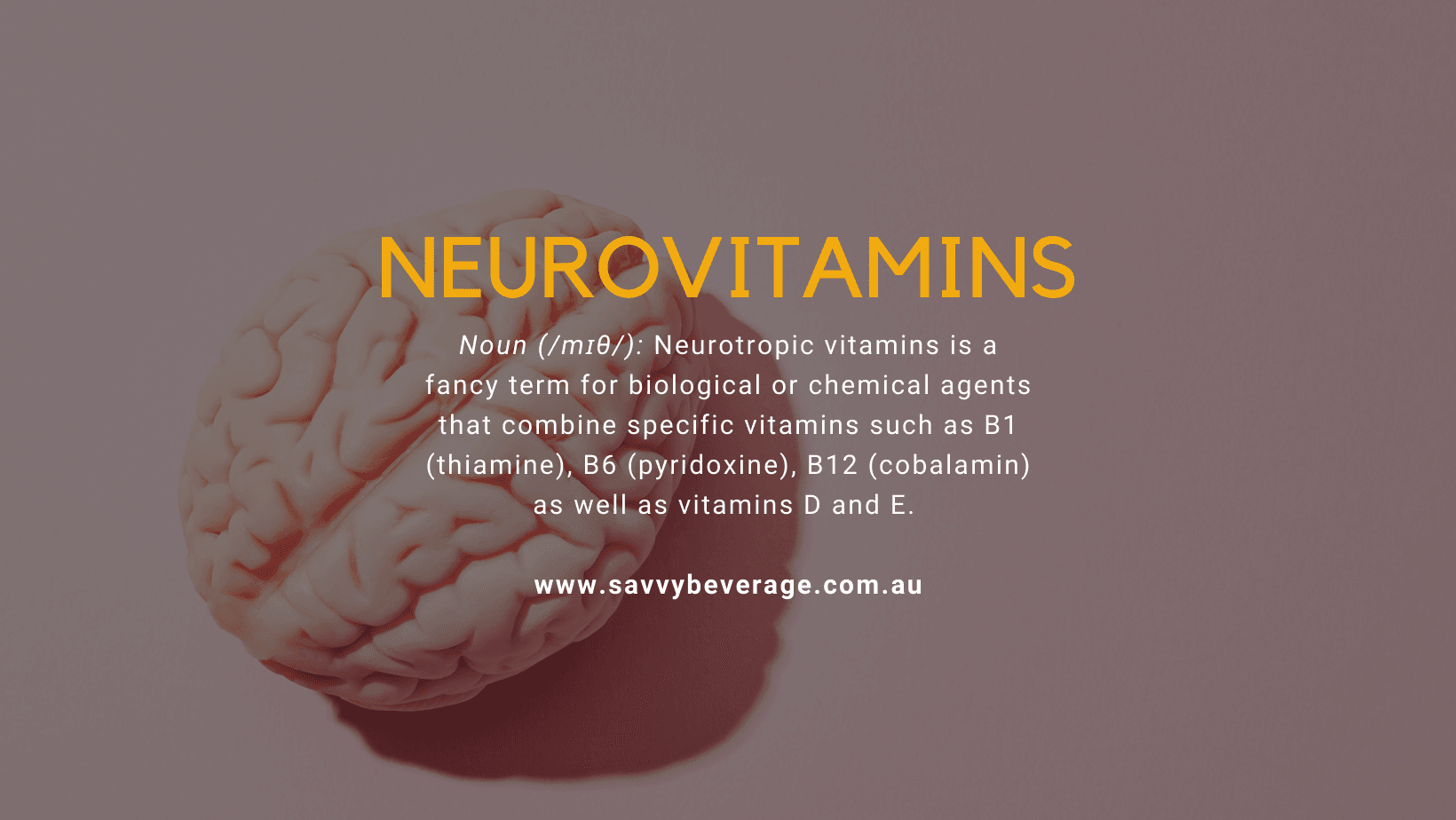
Neurovitamins – Vitamins Are Good For Your Brain?

|
Article at a glance |
|
Is it possible to improve your memory using a pill? Memory loss is thought to be slowed or prevented by certain vitamins and fatty acids. Vitamins like vitamin B12, herbal supplements like Rhodiola Rosea, Ashwagandha, and omega-3 fatty acids are among the many potential remedies. But can a pill actually help you remember things?
Much of the data for these potentially memory-enhancing substances is inconclusive. We'll talk about what current clinical research has shown concerning vitamins and memory decline in this article.

Vitamin B12
The link between low levels of B12 (cobalamin) and memory loss has long been studied by scientists. However, if you get enough B12, there is no evidence that increasing your intake will help you.
People with bowel or stomach problems, as well as strict vegetarians, are more likely to have B12 deficiency. The risk of B12 insufficiency also increases with age. This is because elderly persons have a higher prevalence of low stomach acid.
Metformin, a diabetic medicine, has also been proven to reduce B12 levels. Other pharmaceuticals that can reduce B12 levels include proton pump inhibitors, anti-inflammatory medications like prednisone, and birth control.
B12 is naturally present in foods like fish and chicken, so you should be able to obtain enough of it. For vegans, fortified breakfast cereal is a suitable alternative.
People with certain medical disorders, those on certain drugs, or those with low stomach acid, on the other hand, may not be able to absorb B12 from food correctly and may require a dietary supplement to maintain optimal levels.

Vitamin E
There is some evidence to suggest that vitamin E can help older people's minds and memories. According to a study [1] published in the journal JAMA, people with mild to moderate Alzheimer's disease can benefit from high doses of vitamin E.
Daily dosages of 2,000 international units (IU) were given to the participants. According to Harvard Medical School's Dr. Gad Marshall. [2] This quantity may be dangerous for certain people.
People with cardiovascular disease, especially those on blood thinners, should avoid taking more than 400 IU per day. Supplemental vitamin E has been linked to an increased risk of prostate cancer in several studies.
You should be able to receive enough vitamin E from your meals [3] regardless of your age or condition. If you want to increase your dosage, talk to your doctor. Vitamin E insufficiency is uncommon, however, it can happen to persons who eat low-fat diets.
The vitamin can be found in the following foods:
- nuts
- seeds
- vegetable oils
- spinach and broccoli

Vitamin D
Vitamin D has been proven to play a function in mood regulation and lowering the risk of depression in studies.
A study [4] of 7,534 adults discovered that those who took vitamin D supplements and had negative feelings saw their symptoms improve. Supplementing with vitamin D may benefit persons who are depressed and have a vitamin D deficiency.
Low vitamin D levels were also linked to more severe fibromyalgia symptoms, anxiety, and sadness in another study. [5]

Other Recommended Supplements
Both earlier and more current research [6] on Ginkgo Biloba agree that the supplement does not appear to diminish memory loss or reduce the risk of Alzheimer's disease.
There isn't much data to show that omega-3 has anything to do with memory. However, studies are now underway.
According to a study, [7] consuming supplements containing docosahexaenoic acid (DHA) and eicosapentaenoic acid (EPA) improved episodic memory results in persons with memory problems.
One form of omega-3 fatty acid is DHA, while another is EPA. DHA and EPA are found in abundance in seafood like salmon and mackerel.

Other Ways To Improve Memory
It's important to acquire your dietary vitamins from the food you consume, whether you're young or elderly. Supplements can help fill in the gaps, but talk to your doctor before exceeding the daily suggested amount.
The greatest method to counteract memory loss, regardless of age, is to eat healthily and exercise your body and mind. It has been said that the Mediterranean diet provides all of the vitamins your body needs.
The Mediterranean diet has been suggested [8] as a method of memory enhancement.
The following are some of the diet's highlights:
- meals that are largely made from plants
- minimising (or eliminating) red meat consumption
- preparing meals with copious amounts of olive oil
The MIND diet and the DASH (dietary approaches to control hypertension) diet are two diets that are comparable to the Mediterranean diet. Both diets [9] have been shown to lower the risk of developing Alzheimer's disease.
In addition to the Mediterranean diet's high protein and olive oil guidelines, the MIND diet encourages the intake of green, leafy vegetables and plant-based foods.
Dementia can be delayed or prevented by having a strong support network and being involved in your local community. Healthy sleeping habits might also help to safeguard your brain.
Physical activity, according to studies [10] engages the brain in ways that other activities do not. Over time, this may result in enhanced memory and cognitive performance.

What Harms Your Memory?
By becoming more aware of foods and behaviours that have been proven to harm your brain, you may enhance its health. Fried foods have been connected to circulatory system damage [11] which reduces cognitive performance.
Many risk factors for Alzheimer's disease, such as a poor diet and a sedentary lifestyle, may be controlled. Delay the onset of dementia by altering one of these risk factors.

In Conclusion
Experts originally believed that your brain could no longer alter or develop after a certain age. They now realise this isn't the case.
You can rewire your brain with a little time and patience, which may assist with specific mental health problems and prevent cognitive loss.
References:
[2] Mind and memory supplement scorecard
[3] 20 Foods That Are High in Vitamin E
[4] The effect of vitamin D supplement on negative emotions: A systematic review and meta-analysis
[7] Docosahexaenoic acid and adult memory: a systematic review and meta-analysis
[9] MIND diet associated with reduced incidence of Alzheimer's disease
[10] Exercise and Alzheimer's Disease Biomarkers in Cognitively Normal Older Adults
[11] Associations Between Serum Cholesterol Levels and Cerebral Amyloidosis



